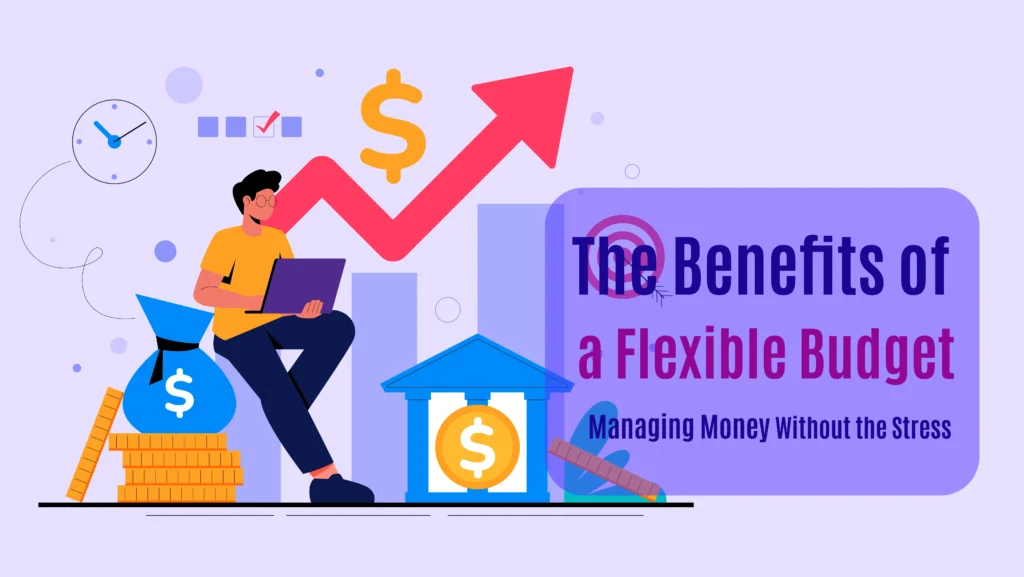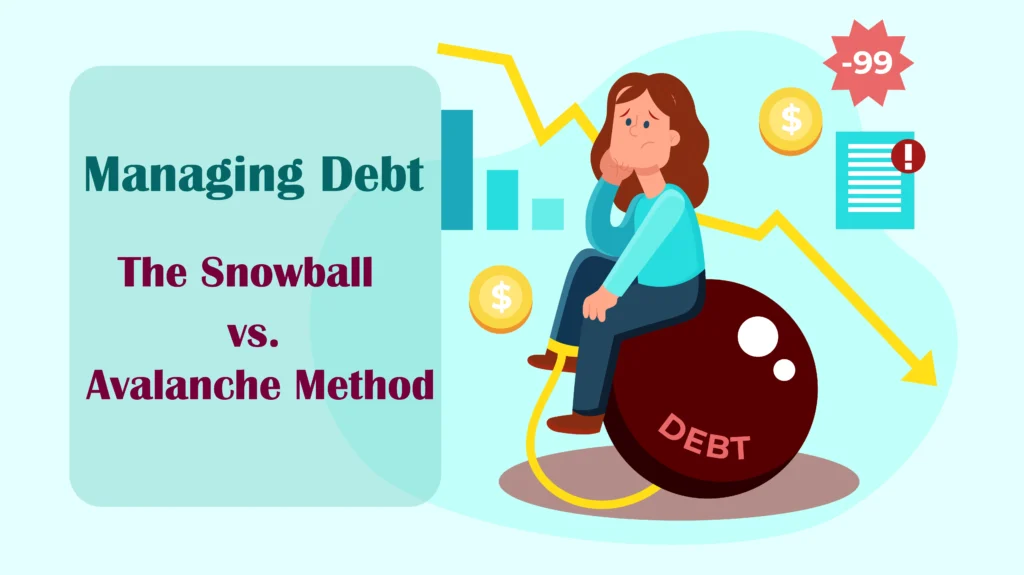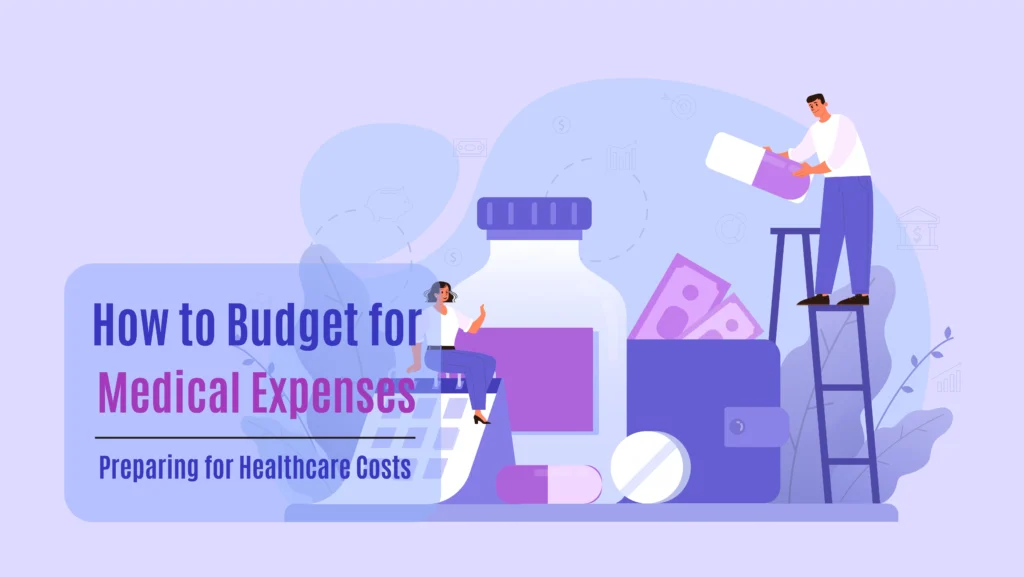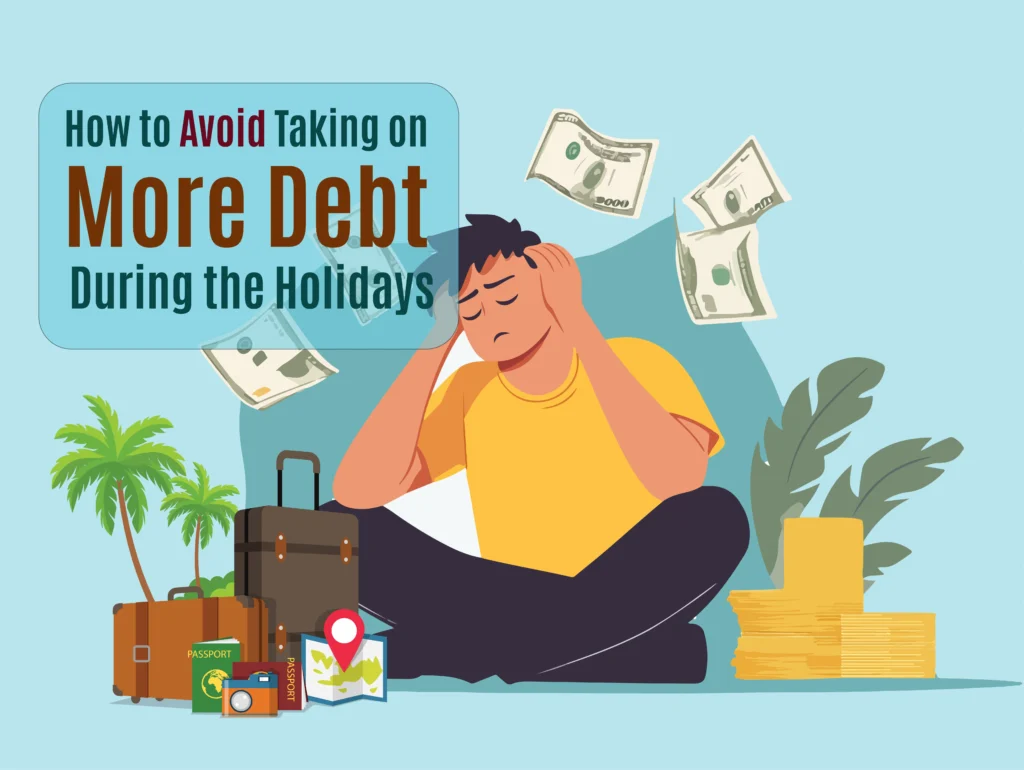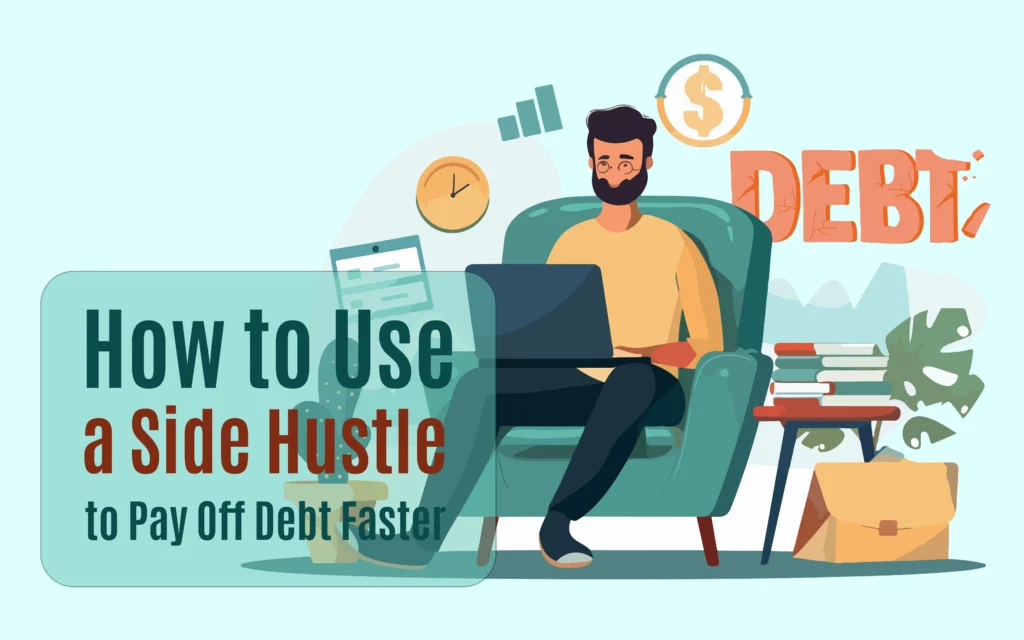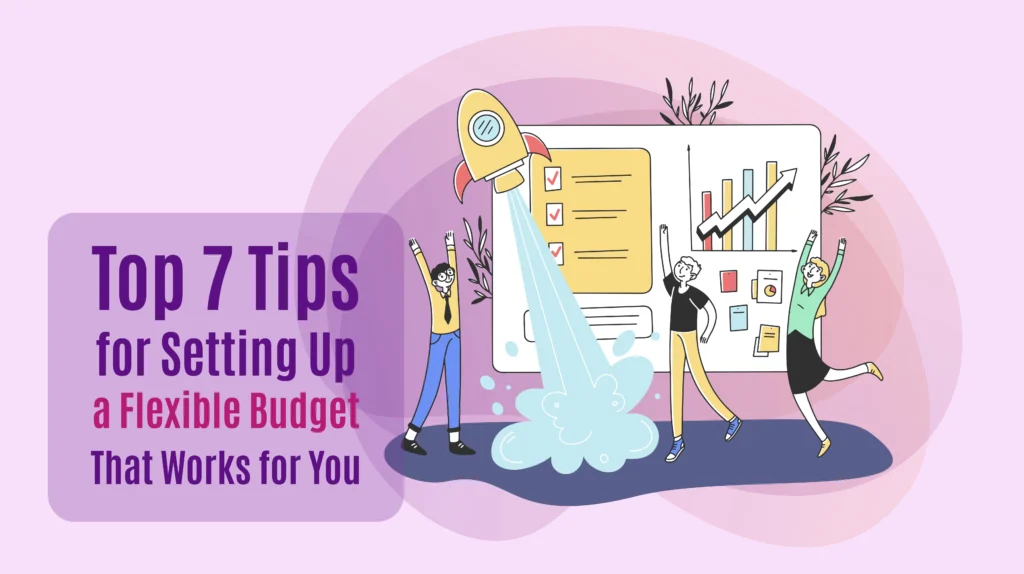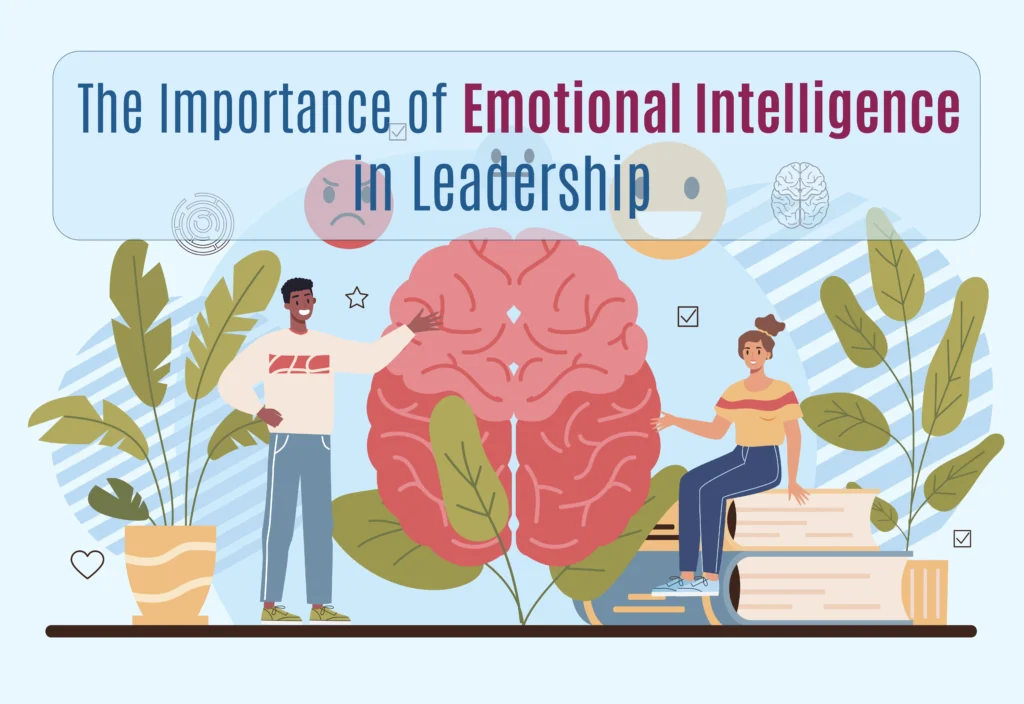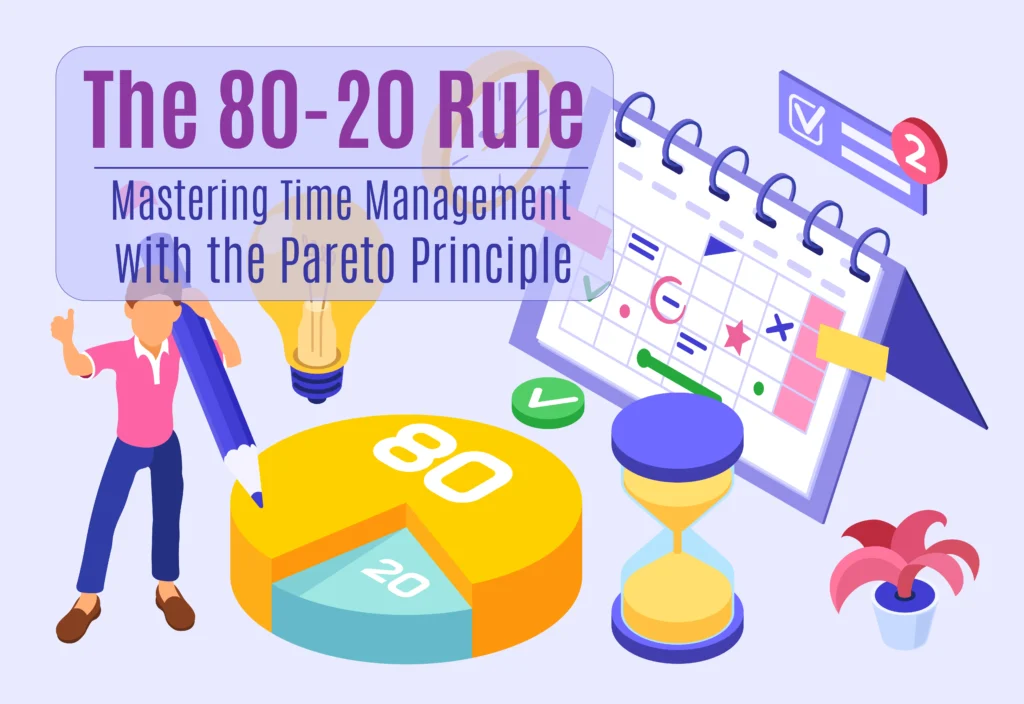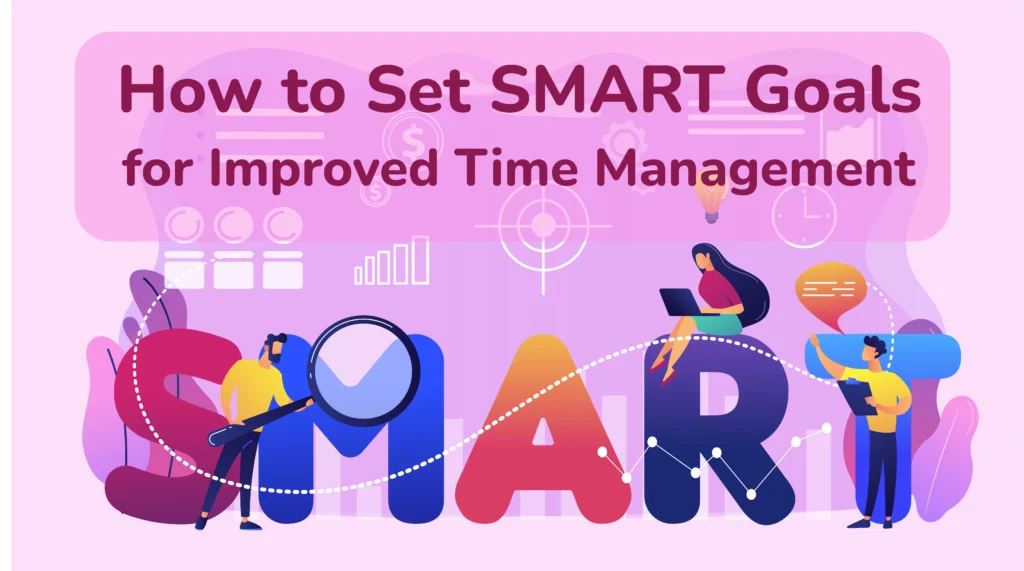The Best Ways to Pay Off Debt Without Destroying Your Credit
Paying off debt can often feel like a double-edged sword—while you’re eager to reduce your financial burdens, you might worry about the potential damage to your credit score. Striking the right balance is crucial; after all, a strong credit score can open doors to better interest rates and loan options in the future. Understanding how to pay off debt without destroying your credit is essential for anyone looking to regain financial stability while protecting their creditworthiness.
In this blog post, we’ll explore the best strategies to help you pay off debt without harming your credit score. From creating a tailored repayment plan to prioritizing which debts to tackle first, we’ll provide actionable insights that allow you to manage your debt effectively while keeping your credit intact. With the right approach, you can take control of your financial future without sacrificing your credit health.
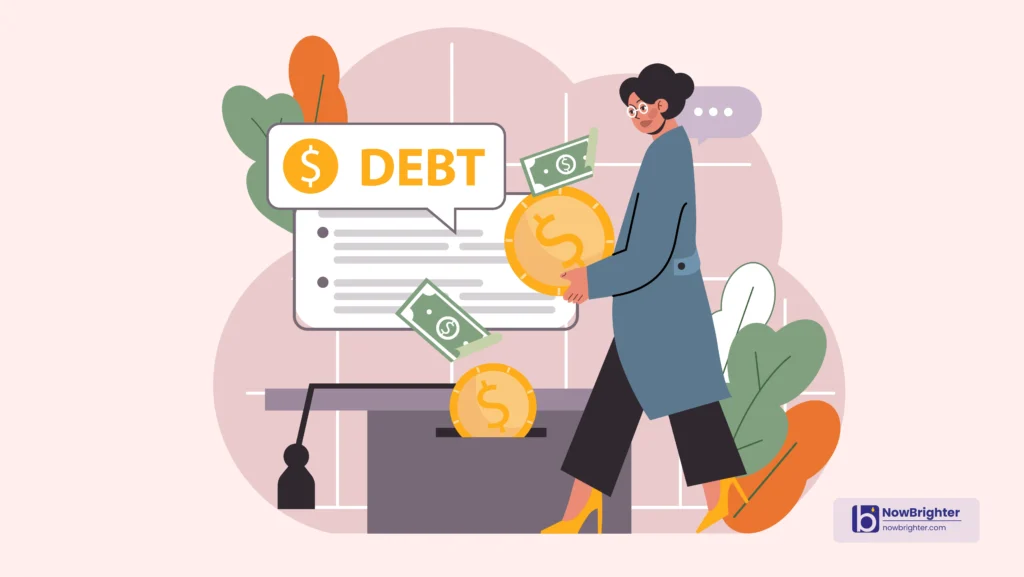
Understanding How Debt Affects Your Credit Score
Before diving into debt repayment strategies, it’s essential to understand how debt impacts your credit score. Your credit score is not just a reflection of how much debt you owe—it’s a measure of how well you manage that debt. A well-managed debt repayment strategy can help you achieve your goal of becoming debt-free while improving your credit score.
The Five Components of Your Credit Score
Your credit score is made up of five components, each contributing a different percentage to the overall score. Knowing how each component works can help you understand how paying off debt will impact your credit.
Payment History (35%)
Your payment history is the largest factor in your credit score. This includes whether you’ve made on-time payments, how often you’ve missed payments, and how long past due those payments were. The more on-time payments you make, the better your credit score.
Credit Utilization Ratio (30%)
This ratio refers to how much of your available credit you’re using. For example, if you have a credit limit of $10,000 and your current balance is $3,000, your credit utilization is 30%. Ideally, you want to keep this ratio below 30% to maintain or improve your credit score.
Length of Credit History (15%)
The age of your credit accounts is another key factor. The longer your accounts have been open and in good standing, the better it reflects on your credit score. Closing accounts, especially old ones, can shorten your credit history and negatively affect your score.
New Credit (10%)
Every time you apply for credit, lenders conduct a “hard inquiry” into your credit report. Multiple hard inquiries in a short period can lower your score, as it indicates that you may be taking on too much new debt.
Credit Mix (10%)
Credit mix refers to the different types of credit you have—credit cards, auto loans, mortgages, etc. Lenders like to see that you can manage multiple forms of debt responsibly. However, it’s not wise to open new credit accounts just to improve this component.
Common Mistakes That Can Damage Your Credit While Paying Off Debt
When you’re focused on paying off debt, it’s easy to make decisions that may negatively impact your credit score. Avoiding these common mistakes can help you maintain a healthy credit profile while working to become debt-free.
Closing Accounts After Paying Off Debt
One of the biggest mistakes people make after paying off a credit card is closing the account. While it may seem like a good idea to close accounts you’re no longer using, this can hurt your credit score by reducing your available credit and shortening your credit history. Both factors can lower your score.
It’s better to leave the account open and unused. This keeps your credit utilization ratio low and preserves the length of your credit history.
Missing Payments
Even as you’re focusing on paying off one or more debts, missing payments on other accounts can cause serious damage to your credit score. A single missed payment can stay on your credit report for seven years and cause a significant drop in your score. To avoid this, set up automatic payments or reminders to ensure you never miss a due date.
Applying for Too Much Credit at Once
When you’re trying to tackle debt, applying for new credit cards or loans to pay off old ones can backfire. Each time you apply for credit, it generates a hard inquiry on your credit report, which can lower your score. Too many inquiries in a short period make you look financially unstable to lenders.
The Best Strategies to Pay Off Debt While Protecting Your Credit
Now that we’ve covered how debt impacts your credit score and the common mistakes to avoid, let’s dive into the best strategies for paying off debt without hurting your credit score. Each of these methods is designed to help you reduce your debt responsibly while maintaining or even improving your credit.
Debt Snowball Method
The Debt Snowball Method is a popular approach where you focus on paying off your smallest debts first while making minimum payments on your larger debts. Once the smallest debt is paid off, you move on to the next smallest, applying the extra money you used to pay off the first debt.
How It Protects Credit
The Debt Snowball Method helps you make consistent on-time payments, which boosts your payment history—the most important factor in your credit score. Additionally, as you pay off each debt, you reduce your credit utilization ratio, which further improves your score.
While this method doesn’t immediately focus on paying off high-interest debt, it builds psychological momentum that can keep you motivated.
Debt Avalanche Method
The Debt Avalanche Method focuses on paying off debts with the highest interest rates first, regardless of the balance size. While you’re attacking the high-interest debt, you continue to make minimum payments on your other debts. Once the high-interest debt is paid off, you move on to the next highest.
How It Protects Credit
By reducing the amount of interest you’re paying, the Debt Avalanche Method can help you pay off your debt faster, which lowers your overall credit utilization ratio. As long as you maintain on-time payments across all accounts, this method will not hurt your credit score and may improve it over time.
Balance Transfer Credit Cards
A balance transfer credit card allows you to move high-interest credit card debt to a card with a lower or 0% introductory interest rate, usually for a limited time (often 12 to 18 months). This gives you a window to pay down the balance without accruing new interest.
How to Choose the Right Balance Transfer Card
When selecting a balance transfer card, pay close attention to the length of the introductory 0% APR period, any balance transfer fees, and the interest rate after the promotional period ends. Ensure the fees don’t outweigh the benefits.
How It Protects Credit
A balance transfer can help you lower your interest payments and reduce your debt faster, but it’s important to keep your credit utilization ratio in check. Maxing out your balance transfer card can harm your credit score, so aim to keep the balance below 30% of your available credit.
Personal Loans for Debt Consolidation
Debt consolidation through a personal loan allows you to combine multiple debts into one loan with a single monthly payment, often at a lower interest rate. This simplifies your payments and can lower the total interest you pay.
How It Protects Credit
Using a personal loan to consolidate debt helps by reducing your credit card balances, which in turn lowers your credit utilization ratio. With one fixed monthly payment, it’s easier to stay on top of your payments, protecting your payment history and improving your credit score over time.
Increasing Minimum Payments
If you have extra cash available each month, increasing the amount you pay above the minimum required can speed up your debt repayment. This not only reduces the amount of interest you pay but also helps you lower your balances faster.
How It Protects Credit
By making higher payments, you reduce your credit utilization ratio more quickly, which has a positive impact on your credit score. Additionally, ensuring that all payments are made on time keeps your payment history in good standing.
≫ Related Post: Managing Debt: The Snowball vs. Avalanche Method
How to Negotiate with Creditors Without Harming Your Credit
If you’re struggling to make payments, negotiating with creditors can help you get back on track without damaging your credit. Many creditors are willing to work with you, especially if you contact them before missing a payment.
Contacting Creditors Before You Miss Payments
If you foresee difficulty in making a payment, contact your creditors before the due date. Many lenders are willing to offer payment extensions or temporary adjustments if you’re proactive. This approach helps you avoid missed payments, which can severely damage your credit.
How It Protects Credit
By negotiating a new payment plan before you default on your debt, you maintain a positive payment history. This is critical to preserving your credit score.
Requesting a Lower Interest Rate
Another negotiation tactic is asking your creditors for a lower interest rate. A reduced rate makes your debt more manageable, allowing you to pay it off faster and with less financial strain.
How It Protects Credit
Lower interest rates reduce the total amount you owe, which can make it easier to keep up with payments and prevent any late or missed payments from damaging your credit score.
Hardship Plans and Payment Forbearance
Many creditors offer hardship programs or payment forbearance options to help borrowers during financial difficulties. These programs temporarily reduce or pause payments, often without negative consequences for your credit.
How It Protects Credit
When you enter a formal hardship program, creditors typically agree to report your account as current, even if payments are paused. This keeps your payment history intact and helps protect your credit score.
≫ Related Post: How to Negotiate Lower Interest Rates with Your Creditors
Tools and Resources to Help You Manage Debt and Credit Together
Several tools and resources can help you stay on top of both debt repayment and credit monitoring. These resources can make it easier to manage your finances and prevent any negative impact on your credit score.
Credit Monitoring Services
Credit monitoring services alert you to any changes in your credit report, including new inquiries, account changes, or suspicious activity. By keeping a close eye on your credit, you can catch issues early and address them before they damage your score.
Budgeting Apps and Debt Repayment Calculators
Budgeting apps like Mint or YNAB (You Need A Budget) help you track your spending, set savings goals, and manage debt payments. Debt repayment calculators can show you how long it will take to pay off your debt based on different payment amounts, helping you stay on track.
Working with a Financial Counselor
A certified financial counselor can offer personalized advice on paying off debt without hurting your credit. They can help you create a plan, negotiate with creditors, and provide insights into maintaining a strong credit score throughout the process.
Final Tips for Paying Off Debt Without Hurting Your Credit
Maintaining good financial habits is the key to paying off debt while protecting your credit score. Here are a few final tips to ensure you stay on the right path.
Consistently Pay on Time
Make on-time payments a priority for all your accounts. Even if you’re focusing on paying off certain debts faster, don’t neglect minimum payments on other loans or credit cards.
Avoid Opening or Closing Too Many Accounts
Avoid applying for new credit or closing old accounts unnecessarily, as this can hurt your credit score. Keep accounts open to maintain your credit utilization ratio and preserve your credit history.
Review Your Credit Report Regularly
Regularly review your credit report to check for errors or signs of identity theft. If you notice any discrepancies, dispute them right away to avoid unnecessary damage to your credit score.
Conclusion
Paying off debt without damaging your credit is entirely possible with the right strategies in place. Whether you choose the Debt Snowball Method, Debt Avalanche Method, or opt for debt consolidation through personal loans or balance transfer credit cards, the key is consistency and careful management. By following these steps, you’ll not only pay off your debt but also build a solid credit history that will benefit you long after your debt is gone.

